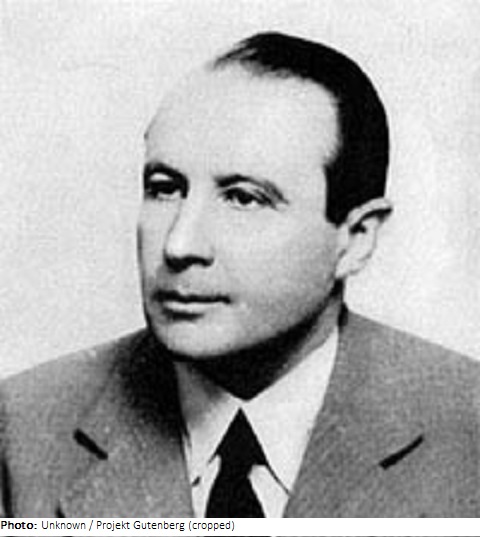
| Roles | Referee |
|---|---|
| Sex | Male |
| Full name | Oskar•Jellinek |
| Used name | Oskar•Jellinek |
| Born | 22 January 1886 in Brno, Jihomoravský kraj (CZE) |
| Died | 12 October 1949 (aged 63 years 8 months 21 days) in Los Angeles, California (USA) |
| NOC |  Austria Austria |
Oskar Jellinek came from a wealthy merchant family in Moravia. He studied law in Wien and entered the civil service as a judge. The theater enthusiast wrote his first book in 1907: Burgtheater eines Zwanzigjährigen (Court Theater of a twenty-year-old). During World War I, he was an artillery officer in the Austro-Hungarian Army. Army. He then left the judicial service and devoted himself exclusively to writing. To escape persecution by the Nazis, he moved back to Brno temporarily in 1938. In April 1939, he emigrated to Paris and a year later to New York. In 1943 he eventually settled Los Angeles.
Jellinek’s artistic focus was the novella. He became known in 1924 winning 1st prize in a competition held by the publishing house Velhagen und Klasing for the best German novella with Der Bauernrichter (The Peasant Judge). A series of novellas portrayed simple people from his native Moravia in conflict-laden situations that inexorably lead to catastrophe. Short stories and legends as well as lyricism represented a minor part of his oeuvre. His forced exile deprived him of the roots for his art.
| Games | Sport (Discipline) / Event | NOC / Team | Phase | Unit | Role | As | |
|---|---|---|---|---|---|---|---|
| 1924 Summer Olympics | Art Competitions |  AUT AUT |
Oskar Jellinek | ||||
| Literature, Open (Olympic) | Final Standings | Judge |